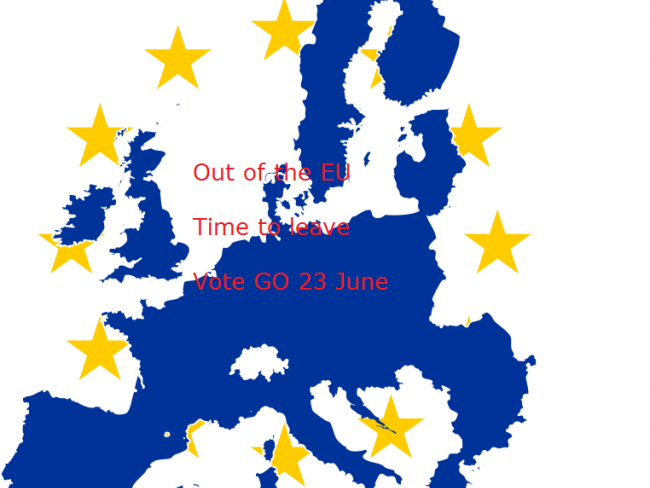Unemployment is endemic to capitalism and to all capitalist states. But unemployment and underemployment can vary depending on the strength and organisation of workers.
The implied, but unsubstantiated threat from the government and pro-EU politicians is that 3 million jobs would be at risk from leaving the EU. That’s a crude projection by the Treasury based on the value of UK trade with EU countries and assumes that proportion of jobs would just disappear.
No guarantee
It is unjustified to say that leaving the EU would immediately create more jobs in Britain. But remaining within the EU certainly gives no guarantee of job creation. Quite the opposite.
The latest reported rate of UK unemployment is 5.3 per cent compared to 8.9 per cent across the whole 28 members of the EU and 10.3 per cent in eurozone. Britain, like all other members states, also experiences underemployment – lack of work not reflected in official statistics.
These recent figures, for February 2016, show a slight drop within the eurozone compared to January, but are unchanged for the EU as a whole. Both are down by about 1 per cent from last year. There are 21.7 million people unemployed within the EU; 16.6 million of them in the eurozone.
Staying high
The trend over time shows that unemployment within the EU has not dropped below 16 million people this millennium. It is a structural component of capitalism and the EU certainly hasn't resolved the problem in workers' favour. Youth unemployment has remained punishingly high since the financial collapse of 2008. The EU is founded on the free movement of captial and labour. It does not guarantee the right to work; those "freedoms" lead to unemployment.
Within the EU there’s a lot of variation too. Britain had the third lowest unemployment rate, after Germany and the Czech Republic – all were comparable with the rates in USA and Japan. But French unemployment reached new high: 3.6 million workers are now “wholly” unemployed, an increase of more than 34,500 over the previous month. The number of people working short-time has also risen to 2.5 million.
The sharp increase in French unemployment was reported as students and trade unions were protesting against government plans to reform the labour market. Their government says this will create jobs through greater flexibility. But unions are unconvinced, pointing to the likelihood of worsening working conditions and increased hours.
Youth worst hit
Young workers are affected most of all by unemployment. Among the under 25s 4.4 million were unemployed, 19.4 per cent of that age group across the EU. As for the whole workforce, it’s worse within the eurozone – a rate of 21.6 per cent. And again the lowest levels were in Germany and the Czech Republic – but both were significantly higher than the adult rates.
The highest rate of youth unemployment was in Greece. At nearly 49 per cent that’s around 7 times the rate in Germany. Spain is at 45 per cent and Croatia and Italy around 40 per cent. No wonder so many young people are fleeing their own countries to find work elsewhere.
Claims that the EU “is good for jobs” are unsubstantiated; they rest on recent marginal overall changes against historically high levels overall. And in some countries and for young workers the situation is dire. There is no answer that will magically emerge from the EU. Its rules and practices prevent independent, sovereign countries from finding their own solutions. Out of the EU we at least have some chance of doing so. French workers trying to safeguard their working conditions and steel workers in Britain have common cause - remaining in the EU handicaps both.

